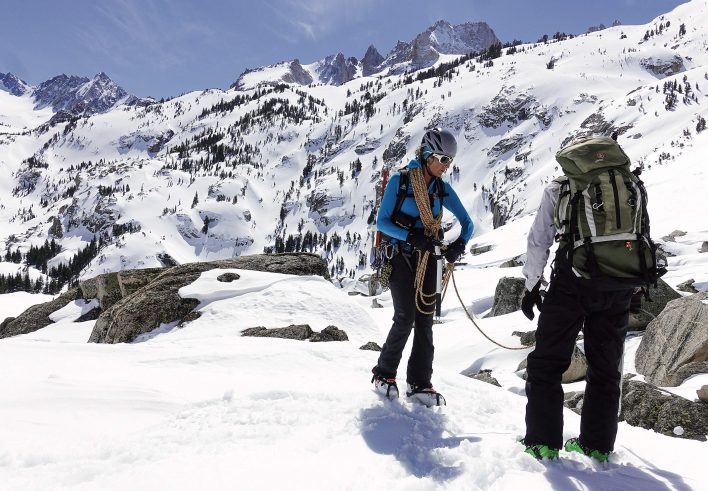
When I was asked to mentor a group of women for the American Institute of Avalanche Research and Education (AIARE) this winter, I reflected on my own learning experience. I was fortunate to have mentors from the start of my backcountry skiing career, people who helped me learn to set a skintrack, transition my bindings and read an avalanche forecast.
Not everyone is so lucky in their path. As one of my mentors, Nancy Bockino, once said, “Mentors don’t just grow on trees.” After all, more people are putting on touring skis than ever before, and there are not nearly enough experienced backcountry riders to pass on their knowledge. With this mentorship gap, some newbies will give up on finding a teacher, deciding instead to learn snowpack, terrain and touring etiquette by themselves. While this approach will eventually yield results, it comes with several drawbacks: What they could learn in a season under a mentor’s guidance is stretched out over years of trial and error. Plus, the wrong mistake in the backcountry could be fatal.
So here are a few guidelines for finding a mentor and building a strong mentorship.
Find the Right Fit
What made me pick Bockino as a mentor? After taking a course with her in 2015, I knew she had a skill set I wanted to learn. She was patient, kept the outing fun and wasn’t afraid to laugh at herself. As our group descended through breakable crust on Wyoming’s Togwotee Pass, Bockino made sure everyone was safe while joking about the hilariously bad conditions. She was the supportive backcountry partner I aspired to be.
When looking for her own mentors, Bockino followed a similar script. About one of her mentors, Thomas Turiano, she says, “I wanted to learn from him because I respected him; I knew he was still alive. In a setting where I feel overwhelmed by how to manage the risk, this person is doing it right. You just want to be like that person, because you want to get to go on those adventures and feel good.”
Some mentors, like Bockino, have avalanche certifications and professional experience. But those aren’t prerequisites for being a mentor. Look for an experienced person who is doing the things that you want to do. This could be someone hitting the kind of lines you aspire to ski or forming habits that you want to learn. The key is to make sure that your mentor-to-be is the real deal and not just faking it till they make it.
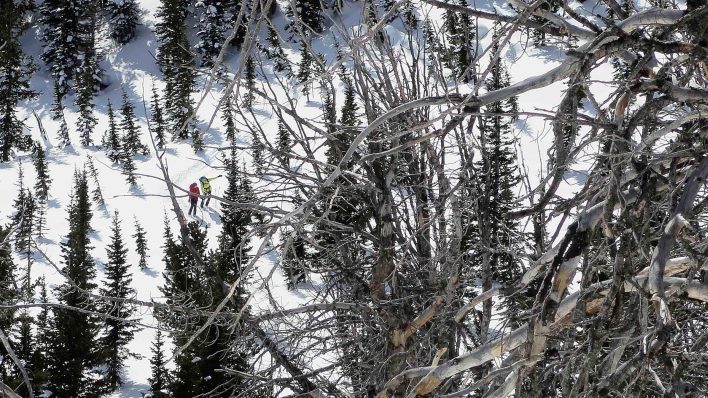
Ask Questions
Vetting mentors can feel like looking a gift horse in the mouth. Someone offering up their knowledge is extremely generous. Questioning it would be rude, right? The reality is that skipping the questions can lead to being mentored by someone who lacks the knowledge or skillset they claim to have—or worse, it’s incorrect.
Ask potential mentors what courses they’ve taken as well as specific questions, like what they think of the problem layer the local avalanche center is forecasting. Are their answers vague? Do they keep circling back to talk about themselves or their feats? If so, your potential mentor might be more ego-driven than educated.
In short, Bockino says, “Avoid people who think too highly of their own skills.”
Mentorship is a Mindset
Not every mentor/mentee relationship is the same. While some mentors will dedicate nights and weekends to your education, others are available only sparingly. It’s important for both sides to know what they’re getting into, and, just like any good relationship, communication is key. If a mentee expects daily check-ins, they’re going to be disappointed when they only hear from their mentor once a season.
Luckily, learning from a distance is also a great option. Following folks on Instagram, watching recordings of talks at snow and avalanche workshops or reading articles pros have written can all be helpful. For Bockino, it’s about watching and copying the habits of others, an outlook she calls having a mentorship mindset. “Margaret Wheeler played a pretty big impact in my career, but never directly,” she reflects. “I don’t think I’ve ever skied a day with Margaret Wheeler other than when I’m teaching with her. But I watched her from afar and was inspired by her and mimicked her in some funny way because I had a mentorship mindset when I would watch her.”
While Bockino was mimicking Wheeler, I was mimicking Bockino. The two of us work together only once or twice a season and have skied together recreationally just once. But I’ve found myself pulling pieces from her playbook in everything, from the way I communicate with ski partners to how I shape pit walls.
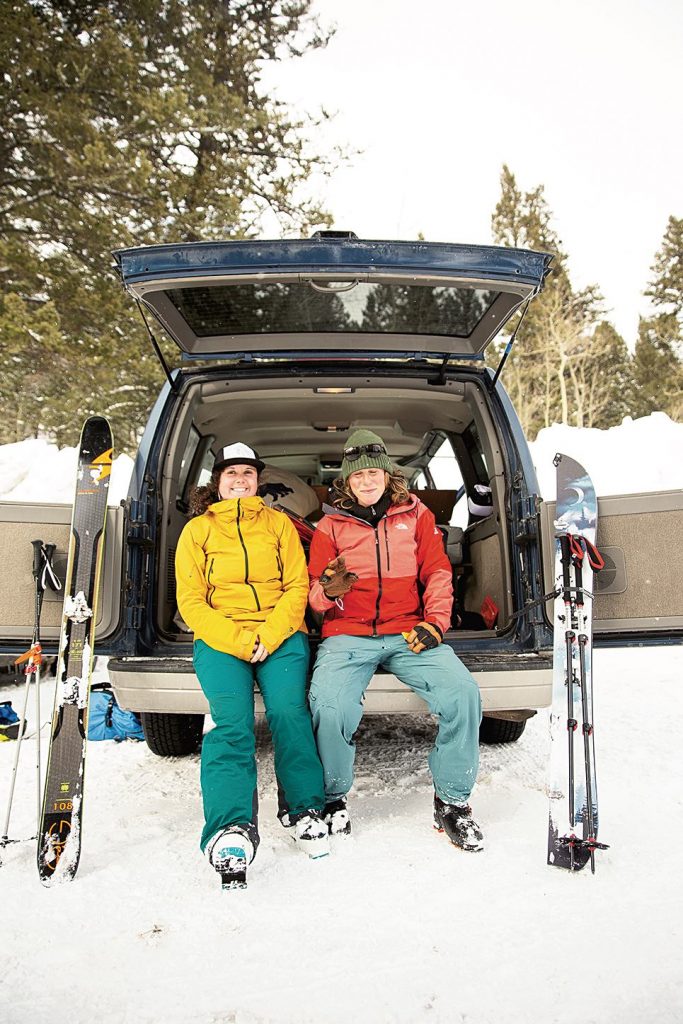
Friendtors always keep an eye out for one another, which might be why Betsy Manero and Izzy Lazarus can’t both have their eyes open in a photo.
[Photo] Shannon Corsi
Find a Friendtor
Though Bockino was someone I looked to for the future of my career, my own peers have also played a huge part in my education. These are people I met in avy classes or who share similar backcountry goals. Friendtors hold you accountable, are available to practice skills, and can observe and give feedback.
When I asked one of my friendtors, Izzy Lazarus, about the importance of peer learning, she told me, “That form of relationship is the most organic, long lasting and fruitful that I have had.” While mentors will sometimes put their mentee’s goals on the backburner to focus on their own aims, friendtors share common objectives they can work toward together. “The friend-mentor space is ideally one where you feel safe to be vulnerable, to ask questions, to make mistakes or to speak up,” Lazarus continues. She adds that friendtors “know how one another work emotionally, what your goals are outside of the mountains, what else is going on in your life.”
Pass it On
Sometimes, things come full circle and you find yourself mentoring someone else. The prospect can be daunting, but, from my experience, mentoring an up-and-coming backcountry skier is as fulfilling as hitting a 45-degree chute in stable powder conditions.
Before offering up your knowledge, think back on your journey as a backcountry mentee. What did you expect from your mentor? Do you have the time and experience needed to bring someone along that same path? If the answer is no, there’s nothing wrong with politely declining the mentorship role. Additionally, it’s important to make sure that your mentee wants to be mentored. After all, there’s nothing worse than having an unwanted lecture pushed down your throat when you’re trying to enjoy a peaceful skintrack.
If you do step up to the mentorship plate, set attainable expectations for the relationship and follow through with what you promise. Listen to your mentee’s goals and don’t be afraid to admit when you don’t know something.
When I asked Bockino how to be a better mentor, she had a few criteria, mainly don’t think too highly of yourself and have an open, curious mind. Most importantly, Bockino says, “A mentor and mentee are learning from one another.”
This article first appeared in Issue 149. To pick up a copy, go to BackcountryMagazine.com/149, and to read all our articles, some of which are only published in print, subscribe.



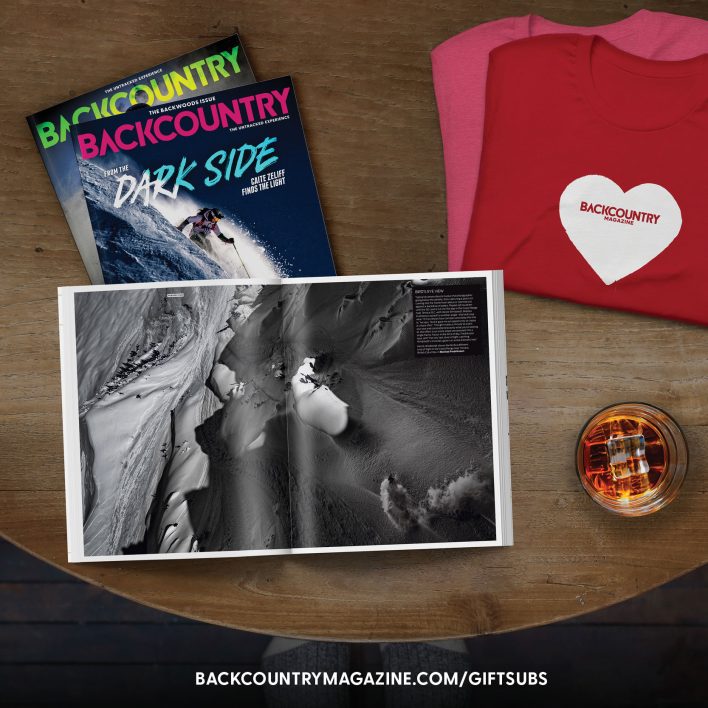





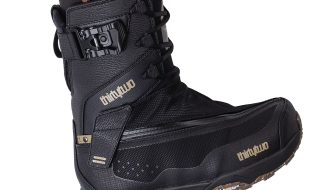

Related posts: